Kindiki Orders SHA Reform After MPs Challenge Insurance Deductions
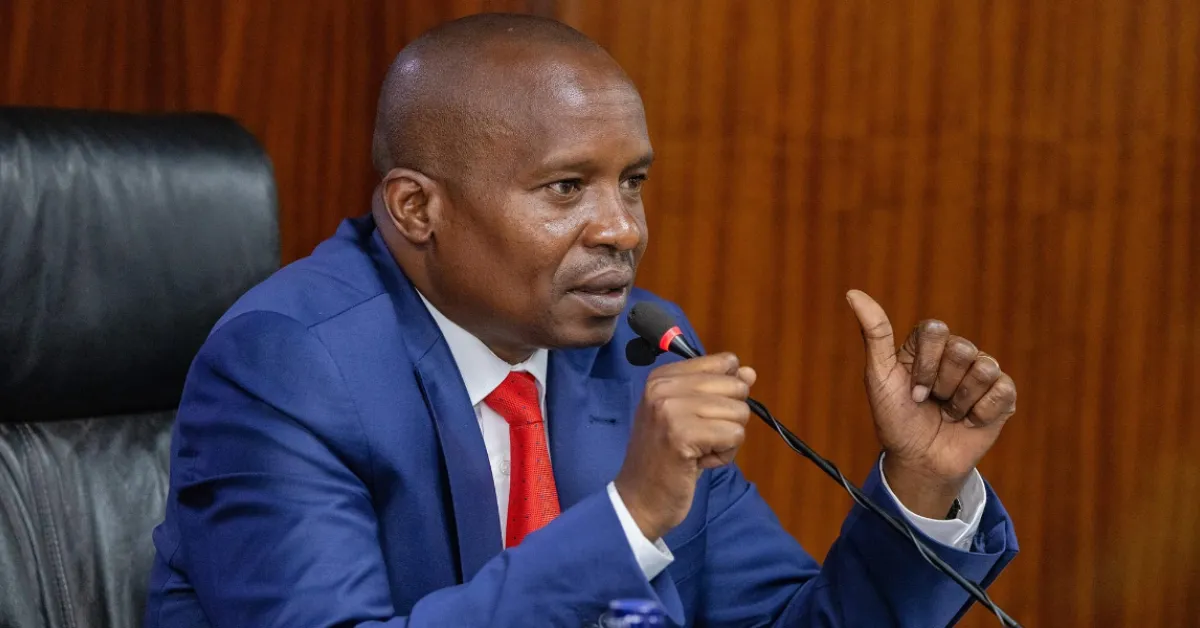
Deputy President Kithure Kindiki has announced plans to review the Social Health Authority (SHA) 's means-testing tool.
This initiative comes amid concerns regarding the tool's effectiveness and fairness, particularly in evaluating the health insurance contributions of vulnerable Kenyans. The SHA's means-testing process assesses the financial capacity of households, especially those lacking regular income, by considering various socio-economic factors such as housing conditions, access to services, and household composition.
During the launch of the Strategic Plan for 2024-2027 in Embu County on February 1, Kindiki stressed the importance of revising the system to better accommodate low-income individuals, including small-scale traders and motorcycle taxi operators. This review follows MPs' dissatisfaction with the current 2.75 percent deduction imposed on salaried workers' pay slips for SHA contributions.
“We will ensure that the means-testing tool for Taifa Care is adjusted so that boda boda riders are not asked to pay more than they can afford,” he stated, emphasizing a fair approach to health insurance contributions for non-salaried Kenyans.
Suba North MP Millie Odhiambo raised questions about the rationale behind these deductions, pointing out a significant disparity between the 18 million registered members and the roughly four million who are contributing. These concerns were voiced during a retreat in Naivasha, where lawmakers interacted with Medical Services Principal Secretary Harry Kimtai, SHA Acting Chief Executive Officer Robert Ingasira, and Board Chairman Abdi Mohamed.
Kindiki has reaffirmed his commitment to enhancing the health coverage system, assuring the public that no Kenyan should feel overwhelmed by the contribution deductions. However, he has not addressed the possibility of revisiting the contributions from salaried workers. During the discussions, some lawmakers, putting aside partisan differences, openly critiqued President William Ruto’s initiative.
Odhiambo proposed instituting a six-month trial for the SHA, suggesting that the program should revert to the National Hospital Insurance Fund (NHIF) if it fails to perform effectively. Mumias East MP Peter Salasya labelled the SHA a "scam," questioning the public consultation process prior to its implementation and expressing concerns over system inefficiencies that he argues are adversely affecting patients with chronic illnesses such as cancer.
Despite these ongoing challenges, Kindiki emphasized the government’s dedication to the health insurance scheme, acknowledging the 18 million registered Kenyans and advocating for an increase in this number.
"We want to ensure that every Kenyan has a medical card," he remarked.




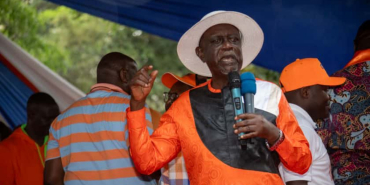
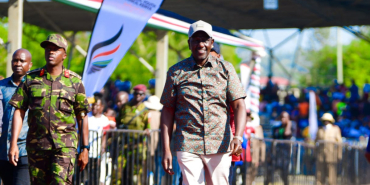
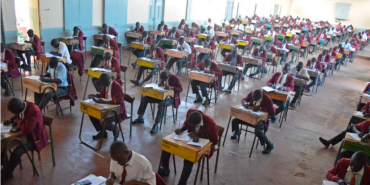
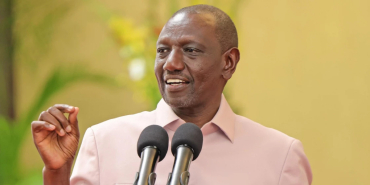
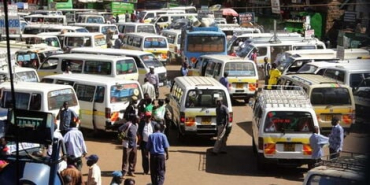
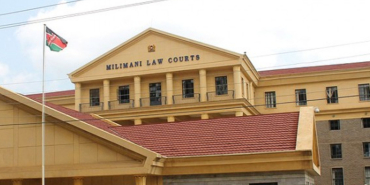




Add new comment